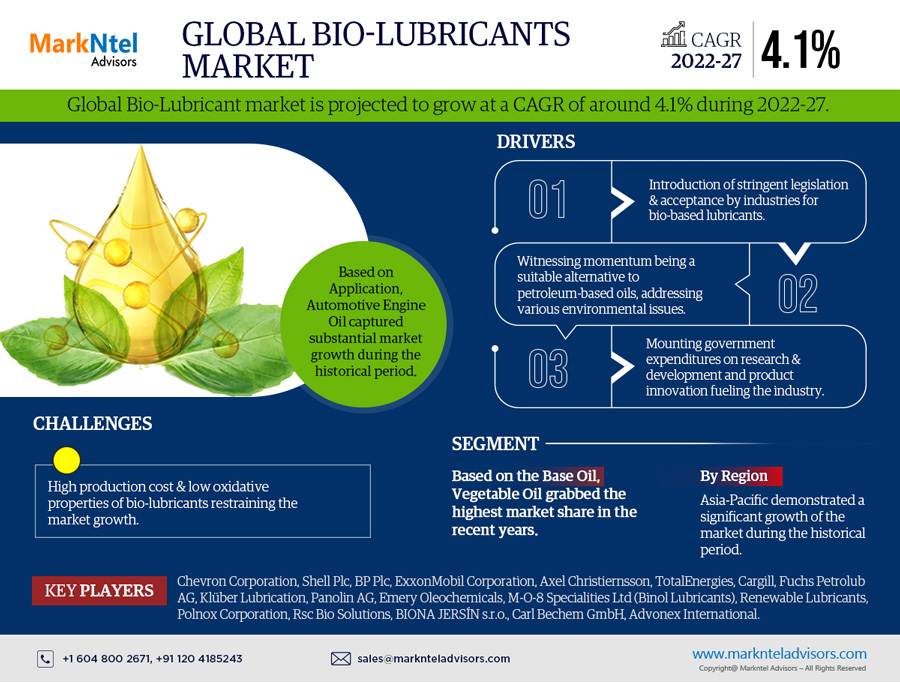As the world continues to grapple with environmental challenges, the role of effective sustainability communications has become more critical than ever. With 2024 on the horizon, several regulations are set to impact how businesses and organizations communicate their sustainability efforts. In this article, we will explore the key regulations that will shape sustainability communications in 2024. We’ll also discuss how Mogul press reviews can help businesses navigate these changes.
1. Enhanced Corporate Reporting Requirements
1.1 European Union’s Corporate Sustainability Reporting Directive (CSRD)
The European Union’s Corporate Sustainability Reporting Directive (CSRD) is a significant regulatory development set to influence sustainability communications. Replacing the Non-Financial Reporting Directive (NFRD), the CSRD expands the scope and detail of sustainability reporting for companies operating in the EU.
Key Elements:
- Broader Scope: The CSRD extends reporting requirements to a wider range of companies, including smaller businesses that were previously exempt.
- Detailed Disclosures: Companies must provide more comprehensive information on their environmental impact, social responsibility, and governance practices.
- Assurance Requirements: There will be a mandatory requirement for third-party assurance of reported data to ensure accuracy and reliability.
Implications for Communications:
Companies will need to enhance their sustainability communications to comply with these detailed reporting requirements. Clear, transparent, and consistent messaging will be crucial. Engaging with a reputable Mogul press pr agency can help businesses effectively convey their sustainability commitments and achievements in line with the CSRD requirements.
1.2 U.S. Securities and Exchange Commission (SEC) Climate Disclosure Rule
In the United States, the Securities and Exchange Commission (SEC) is expected to finalize its climate disclosure rule in 2024. This rule will require publicly traded companies to disclose their climate-related risks and opportunities, as well as their greenhouse gas emissions.
Key Elements:
- Climate-Related Risks: Companies must report on how climate-related risks impact their business operations, strategy, and financial planning.
- Emission Reporting: Detailed disclosure of direct and indirect greenhouse gas emissions (Scopes 1, 2, and 3) will be mandatory.
- Risk Management: Information on the company’s governance and risk management practices related to climate change will be required.
Implications for Communications:
To meet the SEC’s requirements, companies must integrate climate-related information into their sustainability communications. This will involve detailed and transparent reporting on climate risks and emissions. Mogul press can assist in crafting compelling narratives that align with regulatory expectations and resonate with stakeholders.
2. Stricter Advertising and Greenwashing Regulations
2.1 Green Claims Code in the UK
The UK’s Competition and Markets Authority (CMA) has introduced the Green Claims Code, aiming to prevent businesses from making misleading environmental claims. This code provides guidance on how companies should communicate their environmental practices and products to avoid greenwashing.
Key Elements:
- Accuracy and Clarity: Environmental claims must be accurate, clear, and substantiated with evidence.
- Relevance: Claims should relate to aspects of the product or service that are significant and relevant to the environmental impact.
- Comparability: Comparisons with other products or services must be fair and not misleading.
Implications for Communications:
Companies will need to ensure that their sustainability communications are transparent and backed by credible evidence. This includes avoiding vague or exaggerated claims about environmental benefits. Engaging with Mogul press pr can help businesses develop honest and effective communication strategies that comply with the Green Claims Code.
2.2 EU Green Deal and Green Taxonomy
The EU Green Deal and Green Taxonomy aim to promote sustainable investments and prevent greenwashing by establishing clear criteria for what constitutes a sustainable activity. These regulations require businesses to align their communications with the defined criteria to avoid misleading stakeholders.
Key Elements:
- Classification System: The Green Taxonomy provides a classification system for environmentally sustainable economic activities.
- Transparency: Companies must disclose how their activities align with the taxonomy’s criteria.
- Investor Protection: The regulations protect investors from greenwashing by ensuring that sustainability claims are credible and verifiable.
Implications for Communications:
Businesses will need to align their sustainability communications with the Green Taxonomy’s criteria. This requires a thorough understanding of the taxonomy and clear, evidence-based reporting. Mogul press pr agency can offer expertise in navigating these complex regulations and developing compliant communication strategies.
3. Mandatory Environmental, Social, and Governance (ESG) Disclosures
3.1 Global Reporting Initiative (GRI) Standards
The Global Reporting Initiative (GRI) Standards are widely recognized for sustainability reporting. In 2024, updates to the GRI Standards will introduce more stringent requirements for ESG disclosures, emphasizing the need for transparency and accountability.
Key Elements:
- Materiality Assessment: Companies must conduct a materiality assessment to identify the most significant ESG issues relevant to their business.
- Stakeholder Engagement: Engaging with stakeholders to understand their concerns and expectations will be crucial.
- Detailed Reporting: Enhanced disclosure requirements will cover a wide range of ESG topics, including environmental impact, human rights, and governance practices.
Implications for Communications:
Adhering to the updated GRI Standards will require businesses to communicate their ESG performance more comprehensively. This involves detailed reporting on material ESG issues and proactive stakeholder engagement. Mogul press reviews can provide insights into best practices for ESG communications, helping businesses build trust and credibility.
3.2 Task Force on Climate-related Financial Disclosures (TCFD)
The Task Force on Climate-related Financial Disclosures (TCFD) provides a framework for companies to disclose climate-related financial risks and opportunities. With increasing regulatory adoption, TCFD-aligned reporting is becoming mandatory in several jurisdictions.
Key Elements:
- Governance: Disclosures on the company’s governance around climate-related risks and opportunities.
- Strategy: Reporting on the actual and potential impacts of climate-related risks and opportunities on the business.
- Risk Management: Information on how the company identifies, assesses, and manages climate-related risks.
- Metrics and Targets: Disclosure of metrics and targets used to assess and manage relevant climate-related risks and opportunities.
Implications for Communications:
Companies must integrate TCFD-aligned disclosures into their sustainability communications. This involves providing detailed and transparent information on climate-related governance, strategy, and risk management. Mogul press can assist in creating comprehensive reports that meet TCFD requirements and communicate the company’s climate resilience effectively.
4. Emerging Trends in Sustainability Communications
4.1 Digital Reporting and Transparency
With the rise of digital technologies, there is a growing trend towards digital reporting and enhanced transparency in sustainability communications. Regulators and stakeholders are increasingly expecting real-time access to sustainability data and performance metrics.
Key Elements:
- Digital Platforms: Use of digital platforms for real-time sustainability reporting and data visualization.
- Interactive Reports: Development of interactive sustainability reports that allow stakeholders to explore data in detail.
- Transparency: Increased focus on transparency and accessibility of sustainability information.
Implications for Communications:
Businesses will need to adopt digital tools and platforms to meet these emerging expectations. This includes developing interactive and user-friendly sustainability reports. Mogul press pr agency can help businesses leverage digital technologies to enhance their sustainability communications and engage stakeholders effectively.
4.2 Focus on Social and Human Rights Issues
In addition to environmental concerns, there is a growing emphasis on social and human rights issues in sustainability communications. Regulators are introducing requirements for companies to disclose their impact on human rights and social well-being.
Key Elements:
- Human Rights Due Diligence: Companies must conduct due diligence to identify and address human rights impacts in their operations and supply chains.
- Social Impact Reporting: Detailed reporting on the company’s social impact, including labor practices, community engagement, and diversity and inclusion.
- Stakeholder Engagement: Active engagement with stakeholders, including affected communities and human rights organizations.
Implications for Communications:
To meet these requirements, businesses will need to integrate social and human rights issues into their sustainability communications. This involves transparent reporting on human rights due diligence and social impact. Mogul press reviews can provide guidance on best practices for communicating social and human rights issues, helping businesses build trust and credibility with stakeholders.
Conclusion
As we move into 2024, the regulatory landscape for sustainability communications is becoming increasingly complex and demanding. Enhanced reporting requirements, stricter advertising regulations, mandatory ESG disclosures, and emerging trends are all set to shape how businesses communicate their sustainability efforts. To navigate these challenges effectively, companies can benefit from the expertise of Mogul press . By staying informed about regulatory developments and adopting best practices for sustainability communications, businesses can build trust, enhance their reputation, and demonstrate their commitment to a sustainable future.


